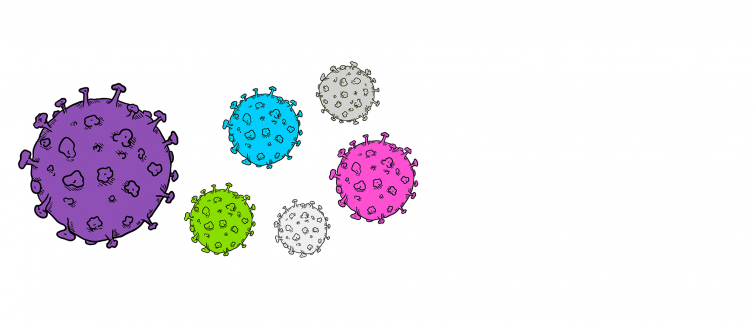
 40 YEARS OF HIV
40 YEARS OF HIV
Attend the live stream of the scientific conference "40 years of HIV science" from November 29 to December 1, 2023
 As you may know, the Institut Pasteur will be hosting the conference "40 years of HIV science" on campus from November 29 to December 1, 2023. This event, part of the ongoing celebrations for the 40th anniversary of the discovery of HIV, will examine multiple aspects of HIV research, including the basic, translational, clinical and social dimensions of the very latest data and future prospects in terms of research on virus-host interactions, promising new therapies, curing HIV and the search for a vaccine.
As you may know, the Institut Pasteur will be hosting the conference "40 years of HIV science" on campus from November 29 to December 1, 2023. This event, part of the ongoing celebrations for the 40th anniversary of the discovery of HIV, will examine multiple aspects of HIV research, including the basic, translational, clinical and social dimensions of the very latest data and future prospects in terms of research on virus-host interactions, promising new therapies, curing HIV and the search for a vaccine.
 The keynote speakers will be Françoise Barré-Sinoussi, a Professor at the Institut Pasteur and laureate of the Nobel Prize in Physiology or Medicine, and Anthony Fauci, a physician and immunologist and former Director of the National Institute of Allergy and Infectious Diseases (NIAID), Bethesda, United States, alongside a strong line-up of other prestigious speakers for an event that aims to celebrate and showcase this field of science.
The keynote speakers will be Françoise Barré-Sinoussi, a Professor at the Institut Pasteur and laureate of the Nobel Prize in Physiology or Medicine, and Anthony Fauci, a physician and immunologist and former Director of the National Institute of Allergy and Infectious Diseases (NIAID), Bethesda, United States, alongside a strong line-up of other prestigious speakers for an event that aims to celebrate and showcase this field of science.
The conference will be attended by many leading scientists who are set to come from all over the world to celebrate 40 years of HIV research. It will also serve as an example to follow when it comes to research on more recent pandemics.
Registration is now closed following huge demand, but to enable as many of you as possible to attend this major event, which will explore a sensitive and sometimes highly personal topic, a live stream will be available for the three days in the Émile Duclaux lecture hall (to watch the event seated).
This is only open to Institut Pasteur staff, who can register at the following link
Take this opportunity to come and listen to the discussions on future challenges and the efforts still needed to eradicate the epidemic of this highly complex virus, as well as the major advances over the past four decades in understanding the virus replication cycle, the immune response that neutralizes it, and the effective tools now available to prevent infection and progression to AIDS.